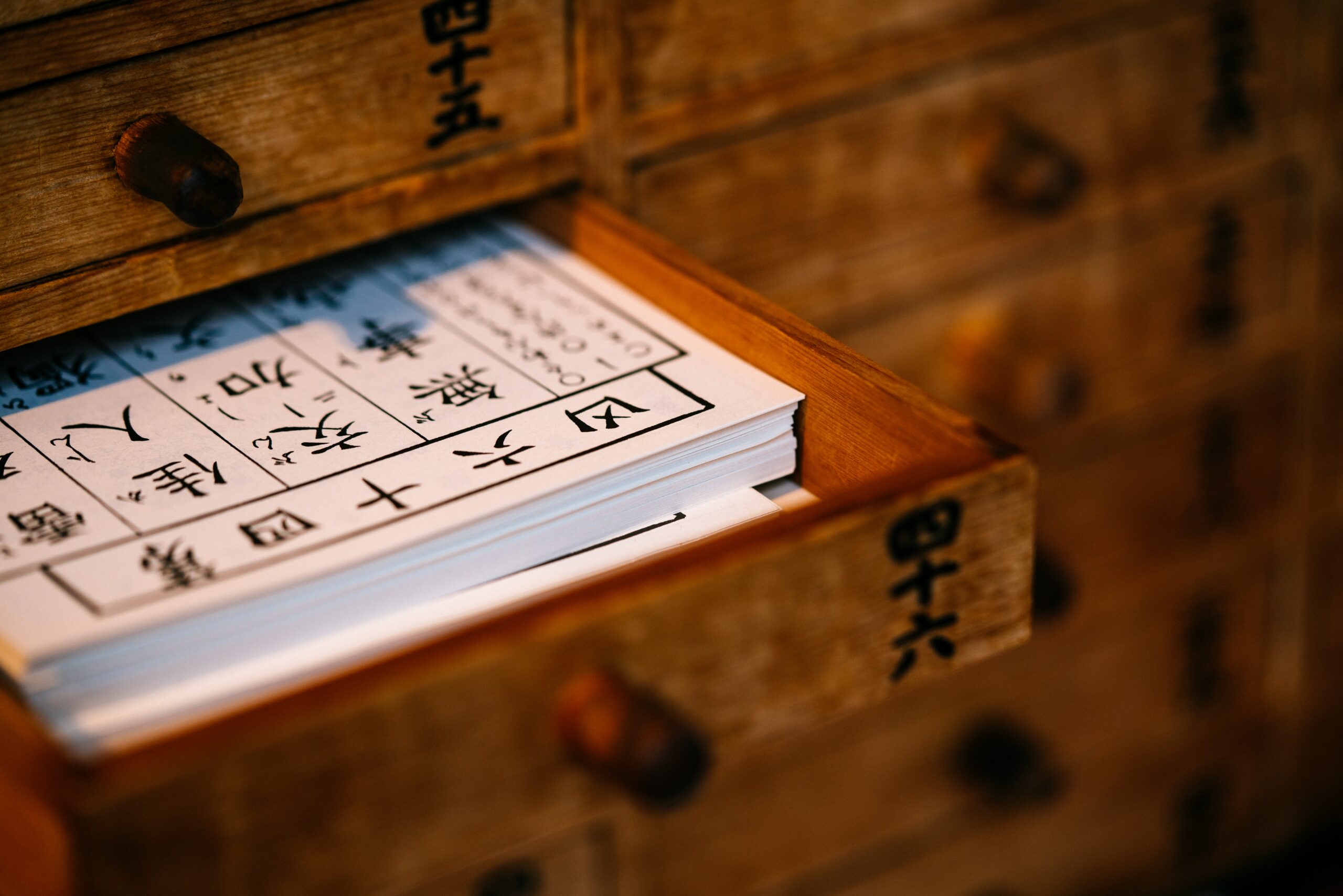Date of the last update: 10.07.2023
For thousands of years, Traditional Chinese Medicine (TCM) has followed a variety of healing practices and dietary protocols with the objective of balancing one’s ‘Qi’ – the life force energy present in our bodies. In TCM, all illness is believed to derive from an imbalance in Qi, originating from an imbalance between yin and yang energy.
TCM practitioners take a holistic approach to healing, and follow the philosophy that we humans are a small part of a universal whole, and that we are deeply interconnected with nature and the cosmos. Gaining and maintaining ‘balance’ is at the centre of all TCM practices, which include tai chi, mental concentration exercises, acupuncture, cupping, massage, and the use of medicinal herbs. In this article we will explore which elements of TCM’s philosophy and practices can help people to lose weight.
Table of contents:
- The origin of weight gain according to TCM
- Acupuncture for weight loss
- Choose foods with specific flavours and temperatures
- Five Chinese herbs and foods for weight loss
- Tai Chi for weight loss
- Addressing stress and lack of sleep using TCM
You can read this article in 4 minutes.
The origin of weight gain according to TCM
To begin treating a problem, first we must understand its root cause. According to TCM, all physical ailments come from an imbalance in our Qi, and weight gain is connected to an imbalance – and therefore poorly functioning – digestive system. An imbalanced digestive system is unable to absorb the healthy nutrients, or release the unneeded ones, leading to excessive appetite, and weight gain. Taking a holistic perspective, there are also emotions connected to weight gain, including anxiety, over-thinking, and depression.
Acupuncture for weight loss
According to experts in the application of TCM, different parts of the body are connected to particular emotions or areas of life, and stimulating these points on the body can bring these feelings into balance. In the case of weight loss, auricular acupuncture (placing hair-thin needles on different points of the ear) is often used to treat obesity. According to TCM, there are points on the ear connected with hunger, and stimulating these points can increase a sense of fullness, inhibiting hunger pangs and reducing an excessive appetite. There are also fixed ‘acupuncture devices’ such as beads or staples that can be worn continually to mitigate this problem. In terms of acupuncture’s contribution to addressing excessive weight, acupuncture stimulates the brain’s release of positive neurotransmitters in general, thus relieving depression, and helping reduce weight gain indirectly.
Choose foods with specific flavours and temperatures
According to TCM experts, the flavours of certain foods can impact us. For example, according to Dr. Zhanxiang Wang, “bitter, sour and pungent foods are beneficial for weight loss, while sweet, salty and fatty foods can lead to weight gain.” So, consider what you add to your food if you’re looking to lose weight.
Furthermore, it is believed that warmer foods support the digestive system, increasing the body’s ability to metabolise foods, so opt for savoury soups and stews to keep your digestive system moving.
5 Chinese herbs and foods for weight loss

TCM takes a holistic view of all imbalances in our Qi, and as well as movement therapy, acupuncture and other active treatments, medicinal herbs have been used for thousands of years to treat all health problems, including poor digestion and weight gain. The top herbs for weight management include:
Lotus Seeds (and leaves)
Lotus seeds are full of fibre, calcium, phosphorus and potassium, all supporting a healthy digestive system. This metabolism-boosting herb is used to improve spleen and kidney function, and is often integrated into teas, soups, and other cooked foods.
Fu Ling
Fu Ling is grown as a mushroom, and its extract is believed to be a diuretic, thus helping address weight loss by reducing water retention. Fu Ling extracts are used in teas, as well as in soups and other cooked foods.
Ginseng
Ginseng may help weight loss through a couple of processes. The first is that it is believed to reduce appetite, thus reducing excessive food intake, and second, it is believed to support the gut’s microbiome (the collection of ‘good bacteria’ that support the digestive system). Ginseng can be infused into tea, or consumed in a capsule.
Ginger
With a ‘warming’ effect, ginger has been found to boost the metabolism, thus strengthening the digestive system and supporting weight loss. Ginger can be consumed in many ways, including in tea, and almost any cooked food or baked goods. This root is also believed to help the body burn fat, whilst reducing appetite.
Mung Beans
These pulses are believed to detoxify the body, and contribute nutrients including fibre, potassium, magnesium, and vitamin B6, supporting the body in managing stress, and supporting digestion and bowel movements.
Tai Chi for weight loss

Tai Chi is a movement technique fundamental in TCM, that follows slow movements and deep breathing. Therefore, it is a great starting point for people looking to reduce weight, because this low-impact activity is softer on the body than jumping on a treadmill, and with its meditative approach, it also has the mental benefits of reducing stress and anxiety.
Check out also: Chinese Medicinal Herbs: Discover Ancient Healing Plants!
Addressing stress and lack of sleep using TCM
Both Western and Chinese medicine practices know that stress and a lack of sleep can aggravate weight gain. TCM addresses these issues primarily through acupuncture, which can stimulate the release of endorphins (the body’s natural ‘happiness’ hormones), and through the practice of tai chi, which together can create a sense of relaxation that facilitates sleep, and reduces the urge to eat excessively.
Sources:
- Ling, S. (n/d). ‘How To Lose Weight with Acupuncture and Chinese Medicine’. Sustain Health.
- Midland, N. (2022). ‘Chinese Herbs For Weight Loss: A Holistic Approach To Shake Up Your Metabolism’. BetterMe.
- Stafford, B. (2023). ‘5 Chinese Medicine Weight Loss Secrets’. Dao Labs.
- Wang, Z. (2019). ‘Weight Loss Tips from a Traditional Chinese Medicine Expert’. National University of Health Sciences.
- Wthn (2022). ‘Chinese Herbs for Weight Loss’. Wthn.

